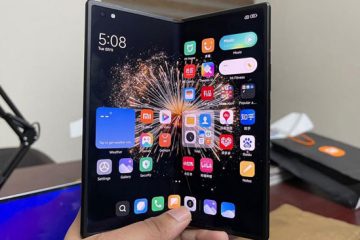 Top executives from Microsoft and Nokia elaborated on their new alliance in a conference call this morning.
Top executives from Microsoft and Nokia elaborated on their new alliance in a conference call this morning.
The takeaway? First, the partnership is aimed initially at Research in Motion and loosening the hold that its popular BlackBerry e-mail software and service has on business customers.
Second, Microsoft is unbundling its strategy in the cellphone market, with Microsoft’s Office division free to step away from the company’s operating system business. And Microsoft is trying to use its powerful Office franchise — Word, Excel, PowerPoint, but also collaboration tools like SharePoint — to shift the smartphone technology competition to its advantage.
Stephen Elop, president of the Microsoft division that includes Office, said business customers were first focused on mobile e-mail. But the next competitive terrain in the business market will be productivity and collaboration software and services on smartphones. And, Mr. Elop said, “This isn’t a browser discussion at all. This is about rich Office experiences that truly bring these devices to life.”
In reply to a question, Kai Oistamo, executive vice president at Nokia, pointedly mentioned Research in Motion, maker of BlackBerry devices and software, as the rival most likely to feel increased competition as a result of a Microsoft-Nokia alliance.
But any assault will be a long-term challenge. The first Microsoft Office product to be on Nokia smartphones, which run the Symbian operating system, will be its Mobile Communicator, which allows business users to find and then communicate with colleagues by instant messages. That offering will come next year on one of Nokia’s E-series phones for business customers.
The full range of Office productivity and collaboration software will follow, and the two companies have pledged to jointly develop new applications, tailored for Nokia smartphones. At first, Nokia and Microsoft will focus on the business market, but consumer smartphone applications will be part of the alliance, the company executives said.
“This is way beyond e-mail, and way beyond Office,” Mr. Oistamo said.











